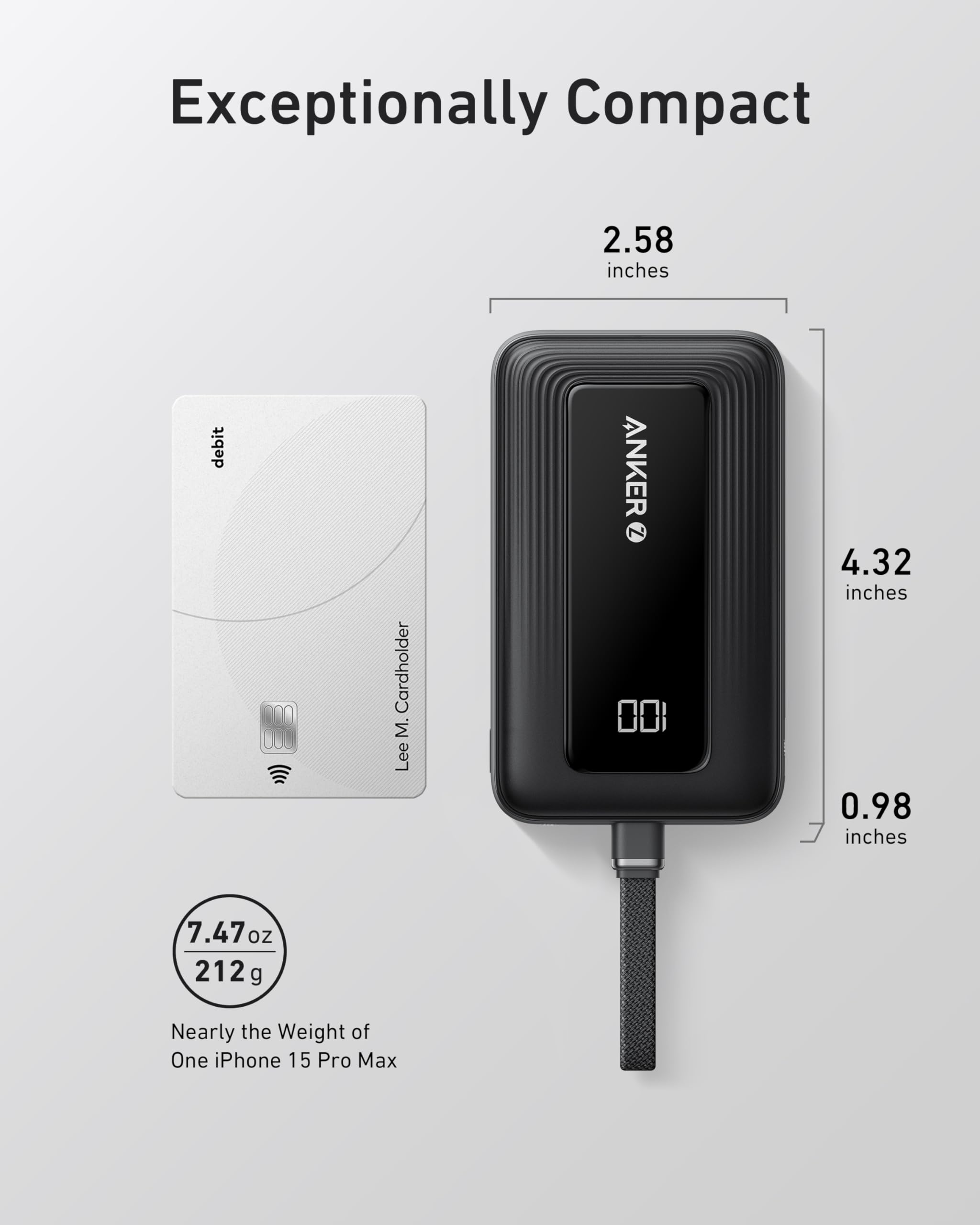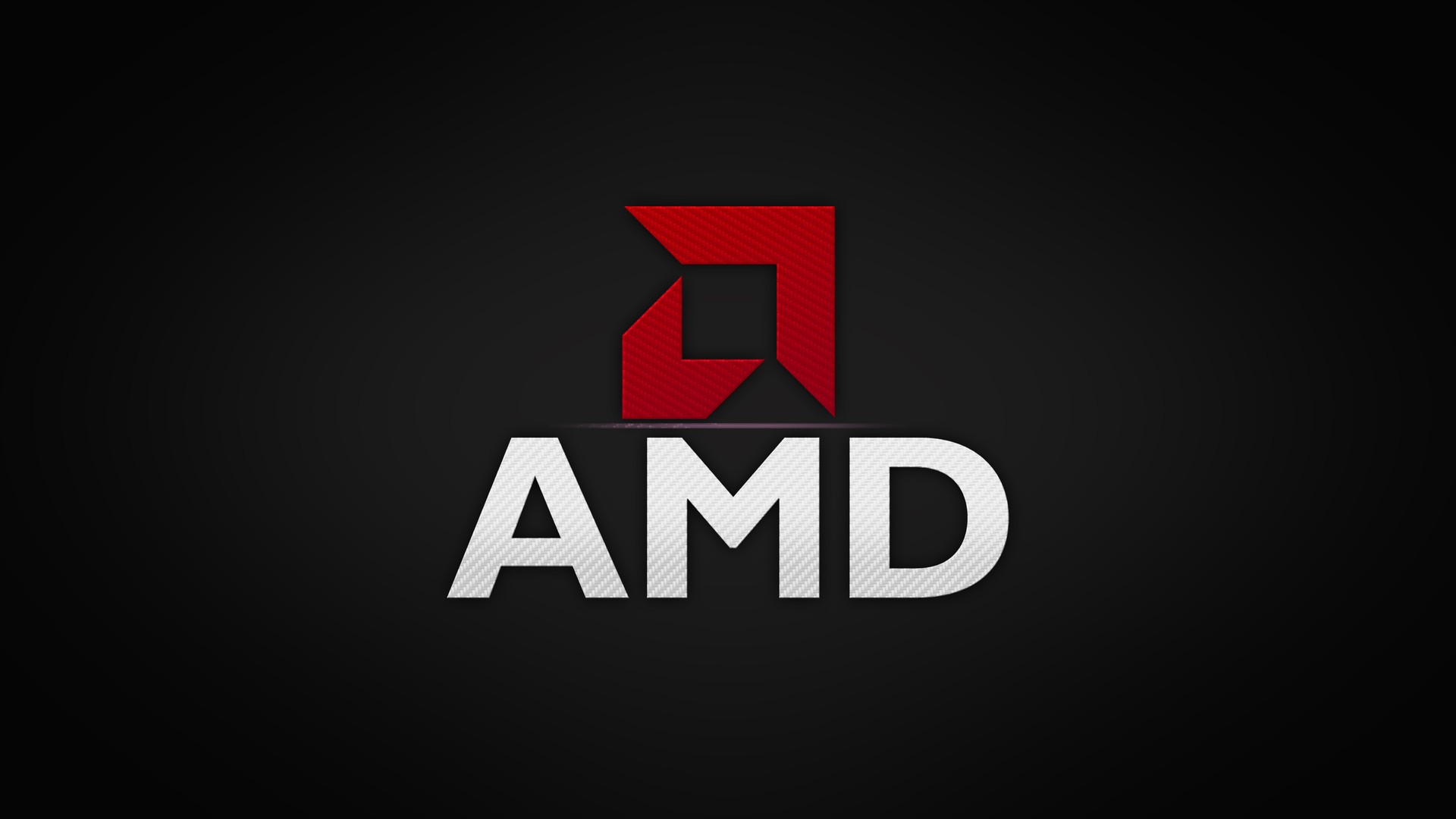
Mark Zuckerberg, at the helm of one of the most extensive AI research initiatives globally, is set on an even grander venture. Meta’s CEO recently announced an intensified focus on not just artificial intelligence (AI) but also artificial general intelligence (AGI). In simple terms, Zuckerberg envisions creating computing systems that surpass current AI capabilities, aligning with human cognitive functions such as learning, reasoning, planning, creativity, and memory.
While this ambition is a logical step for a tech giant aiming to shape the future of computing, attract top-tier research talent, and satisfy shareholders, the impact on individual users might not be immediate. Current AI, though fascinating to computer scientists and the general public, has yet to deliver a revolutionary experience. It grapples with distinguishing solid facts from imaginative leaps and still stands far ahead of AGI, existing primarily as a domain of research and speculation.
Zuckerberg acknowledges the challenging path ahead, stating that building full general intelligence is crucial for the next generation of services. This encompasses advancements in various AI areas, including reasoning, planning, coding, memory, and other cognitive abilities. To support this vision, Meta plans to deploy 350,000 high-end Nvidia GPUs — each costing around $30,000 — by the end of the year. This significant processing power, coupled with Zuckerberg’s push for a metaverse using devices like Meta’s Ray-Ban smart glasses, aims to provide AI with a real-world perspective for enhanced navigation.
Today’s AI, represented by large language models like OpenAI’s GPT, has made strides in understanding relationships among words in extensive text datasets. However, these systems, while generating plausible responses, lack true knowledge. In contrast, AGI is more akin to human intelligence, with the potential for superhuman capabilities following its achievement.
Despite skeptics and ongoing debates about the direction of AI, Zuckerberg remains committed to Meta’s AI efforts. Merging the company’s two AI research teams — FAIR and the generative AI team responsible for Llama — Meta aims to lead the charge in AGI development. As Meta ventures into the world of AGI, the cautious approach emphasizes responsible and safe training processes, keeping an eye on the ethical implications surrounding this transformative technology.




